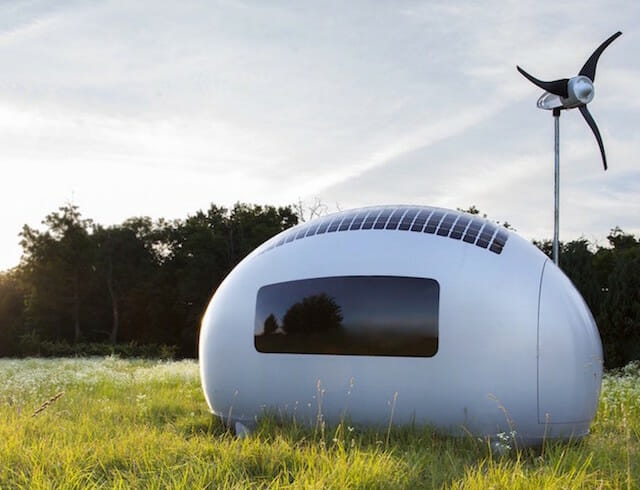Imagine life without having to pay utility bills and being removed from the hustle and bustle of society. Living off the grid is kind of like off-roading, and should not be confused with living off of the grid, which most people do. Individual choosing to live off-grid are making a life that connects them more with nature. Creating homes in remote areas and disconnecting from modern conveniences and technology. This way of living is going back to the basics and has proven to be a peaceful way of life.
What does it mean to live off the grid?
Off the grid living has become very popular for those who wish to curb their carbon footprint, i.e., they want to live with as little environmental impact as necessary. This means being able to have a renewable source of energy, such as solar or wind power. It means ditching technology such as cell phones and tablets, and of course wifi. A lot of off- griders try to become one with nature and live off the land. Unlike the rest of us who see our worth by how much we own, those who live off the grid value their worth by how little possessions they own and by how little impact they have on the environment as a whole.
Why is there a rise in off-grid living?
According to forbes.com, there are many reasons people choose to live off the grid. Initially, going off -grid can be expensive, but it saves money over the long run because you no longer have to pay for electricity since you generate your own. Most people who live off-grid choose to live in remote locations living off the land instead of indulging in the modern way of life. It leads to a more “hands-on” approach to life and satisfaction with your own creations.
Sustainable living for those in need
Organizations like Earthship are building unusual and sustainable dwellings globally. Their unique approach to building homes using recycled materials and items found in local environments is so fantastic. Earthship also helps communities devasted by natural disasters and provides weatherproof shelters for those in need. They also teach the communities how to build these structures and live off-grid. Plus, these homes are beautiful and environmentally friendly.
Pros and cons of living off the grid
While being energy self-sufficient is an attractive idea, there are some things to consider before going off the grid. As carbontrack.com notes, you have to be prepared for inclement weather. Whether your system is solar powered or wind-powered, there will be times when weather interferes with your system. This is something you need to be prepared for either with a generator or with a battery system that can power your home. However, batteries for homes are still expensive at this point in time.
In spite of some of the initial expenses. Off-grid living can have many benefits and rewards. The most important thing to do before deciding to live off the grid is to do your research. You need to know what your energy needs are and plan for unforeseen events. Research the rules and laws governing where you live to determine if off-grid living is right for you.

